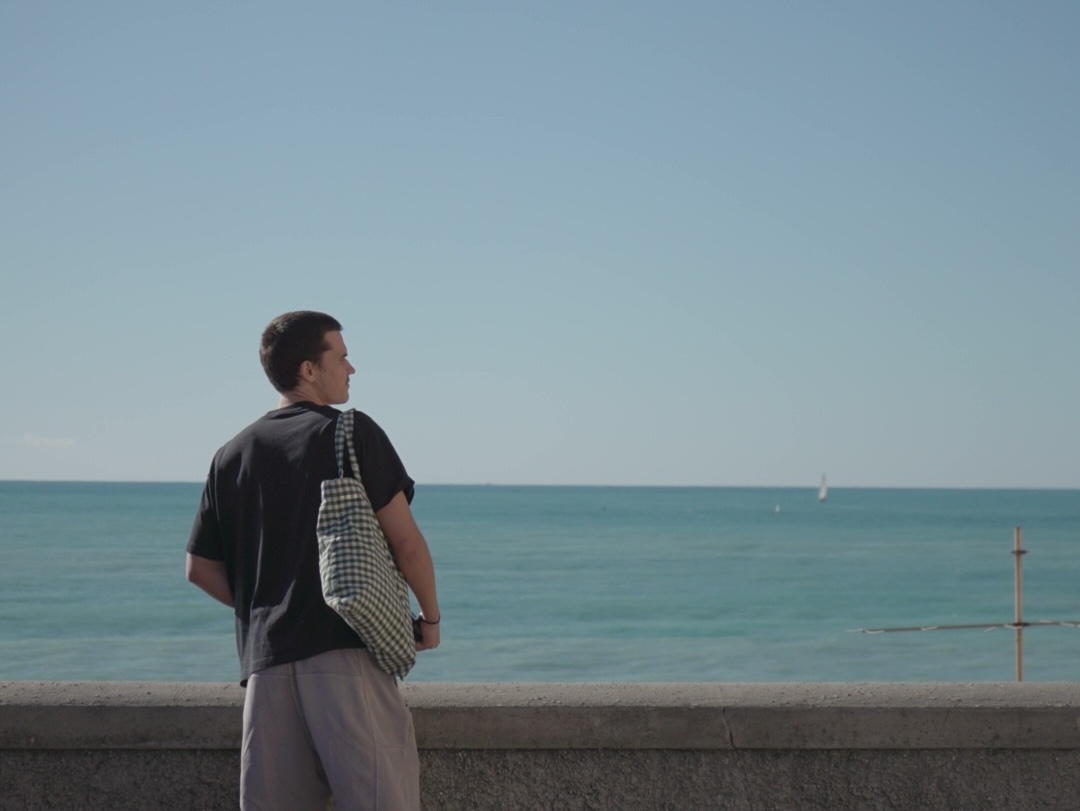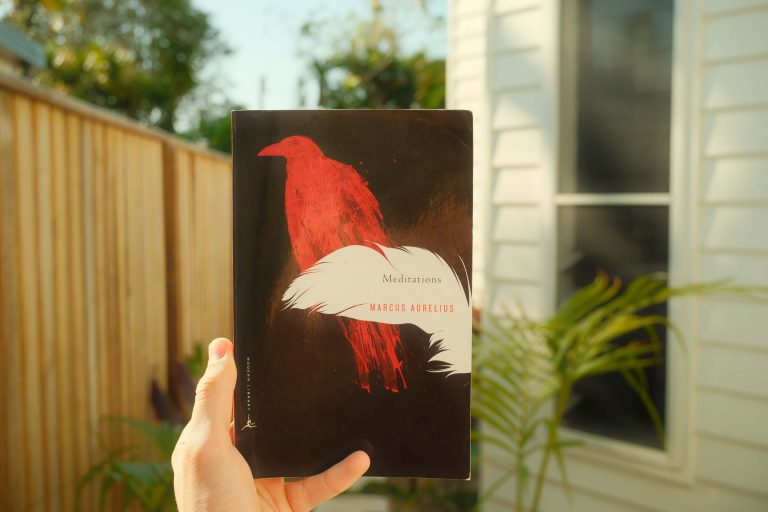What if I told you that you’re exactly where you’re supposed to be in life?
Look, I get it. With all your hopes, dreams and expectations – it probably doesn’t feel like you are, does it?
Our culture is built off our incessant need for more. More money, more clothes, a bigger house. If you’ve experienced a life of material pleasures, you probably know how worthless and unfulfilling all that ‘stuff’ is.
But our insatiable appetite for more also manifests itself inside our inner being as well. A desire for greater fulfillment masquerading itself as some noble pursuit that we all must accomplish to finally be happy and free.
I’m talking, of course, about finding our ‘purpose’.
Although I think there is a lot to learn by going on your own search for purpose, I can pretty much guarantee that you’ll never arrive at the intended destination.
Let me tell you why.
Breaking Down the Myth: Why Purpose isn’t a Destination
The best thing about searching for your purpose is finally coming to the realisation that you don’t particularly have one.
Well, you do, but it’s not as ‘fulfilling’ as you want it to be.
“The meaning of life is just to be alive. It is so plain and so obvious and so simple. And yet, everybody rushes around in a great panic as if it were necessary to achieve something beyond themselves.”
– Philosopher Alan Watts
Your purpose, right now, is to read this article. Just like your purpose in five minutes (or probably less) is to close this browser and go to the toilet.
For us millennials, and especially the younger Generation Z, it can often feel like you’re failing in life if you’re not doing something you, or society, deems as ‘meaningful’.
So, you keep searching for your purpose, reading self-help books, dabbling in meditation and watching Jordan Peterson videos on YouTube to try and work out what the hell you’re supposed to be doing with your life.
But as the search goes on, and you don’t come any closer to finding an answer, that feeling of discontent can grow.
The Buddhists Are Right: Life is Suffering
I know you don’t want to hear it, but no matter what life you lead (whether you’ve discovered your purpose or not), there will be suffering.
“It doesn’t matter which branch of a life we get to live, we are all on the same rotten tree.”
– Nora Seed from The Midnight Library by Matt Haig
The first step to living a better life is accepting that you will suffer in some way.
This idea is rooted in Buddhist philosophy and is the basis of The Four Noble Truths. These teachings recognise that suffering is unavoidable and accepting this is an inherent part of human existence.
Simply put, your search for ‘purpose’ is a search for a life with more fulfillment and less suffering.
But even if you were to find this purpose, your forms of suffering would manifest themselves in different ways. And that fulfillment you’re after? Well, you can find that right now.
The Power of Presence: Finding Purpose in the Here and Now
When you’re searching for your purpose, it means your mind is focused on the future. And, by definition, that means you’re not present.
It can be deflating to learn that there may not be a grand life awaiting you, but that doesn’t mean you can’t make your everyday actions resemble one. This requires you to be present, not in a state of constant searching.
“The mind’s requirements are satisfied by doing what we should, and by the calm it brings us,” says Marcus Aurelius.
Questioning what your life would be like if you had this, or were doing that, is what’s making you feel unfulfilled. It’s taking you away from the present, which is the only possible place where you can truly seek fulfillment.
Enjoying the mundane everyday moments is equally important as it is difficult. This may look different for you than it does for someone else.
Maybe it’s driving to work without music or a podcasting distracting you and instead listening closely to the change of the gears and the noise of the road. Maybe it’s meditating, or spending two hours cooking a quality, healthy meal.
You need to find whatever it is that brings you back to the presence of life.
But what if you’re always in your head because you hate the life you lead?
Living Authentically: Aligning Actions with Values
Well, if you hate the life you lead, it’s almost certainly because the way you’re living your life doesn’t align with your values.
Do you truly value the people that you surround yourself with, or have you outgrown them and simply hang out with them because you don’t want to offend them by saying no?
Do you truly value going into the office five days a week, or do you do it because you need the money and think that’s the only way to make an income?
When our everyday actions don’t align with what we believe in or what we truly want to be doing, that’s when our search for purpose begins. That’s when we are constantly in our heads, trying to imagine a more fulfilling future instead of taking the necessary steps to get there in the present.
This can be a long, drawn-out process. You may hurt people’s feelings, or have no income whilst you build up the skills necessary to break free from office life.
But, from my experience, it’s much easier to take the pain that comes with aligning your life with your own values, than to stay comfortable and suffer in a life created under someone else’s values.
Passion vs. Purpose: Understanding the difference
There may be some of you reading this who disagree with me because you think you’ve found your purpose in life. And I think that’s great.
What I will say, however, is that there is a huge difference between passion and purpose. Whilst purpose takes one path, passion can take many.
Simply put, purpose is the underlying reason for your creation. So when you’re searching for your purpose, you’re searching for the reason why you’re on this Earth. Is that a question you really think you can find the answer to?
Passion, on the other hand, is driven by personal enjoyment and deep connection to the activity itself. It can evolve over time into multiple areas of focus.
When you’re passionate about something, it’s usually just because it brings you joy, and because you’re good at it. You can be passionate about your job, Brazilian Jiu-jitsu or your partner, but it’s not your ‘purpose’ to do these things.
So how do you find these passions? You try new things. You travel Europe for four months, you say yes to new things and no to old comfortable things. You put yourself in uncomfortable places and position yourself as the beginner, not afraid to look silly.
In my experience, finding what you’re passionate about is a much more worthwhile endeavour than trying to figure out the damn reason why you were put on this floating rock.
And hey, if the meaning of life is simply to live (like Alan Watts says above), then what better way to live than by finding, and doing, the things you love most?









